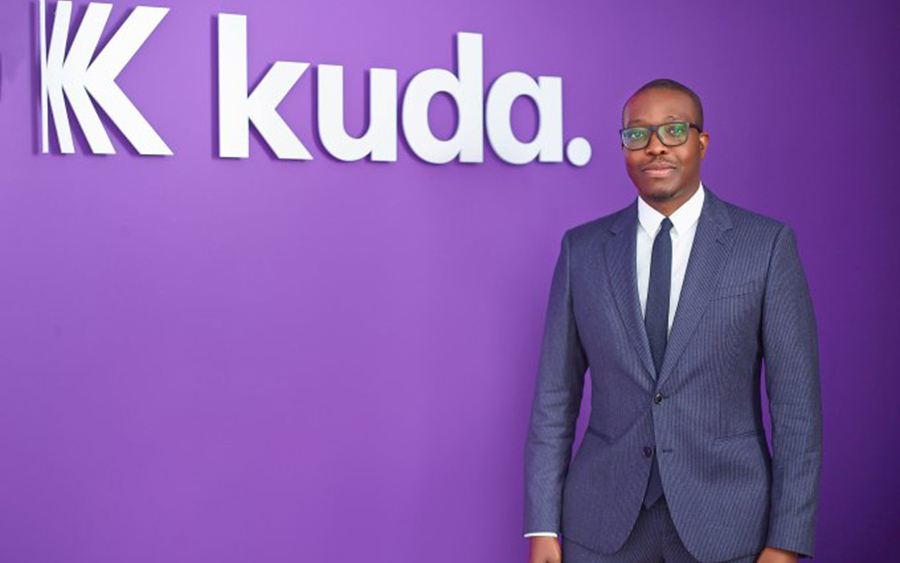

Despite the impact of the pandemic on businesses and income, fintechs in Africa have been in the spotlight recently, due to news of recent growth, acquisition and merger.
In a recent development, Kuda, a Nigerian startup that operates a popular mobile-first challenger bank consumers, has announced raising $10 million. This is the biggest seed round ever to be raised in Africa, according to reports by Tech Crunch
The recent announcement is a sequel to an upsurge in the demand for the firm’s services and its ambition of becoming the ‘go-to bank’ not just in the continent, but for Africans living in the diaspora also.
Kuda joins the list of other notable startups like Paystack (which was recently acquired by Stripe) and Interswitch that crossed the $1billion valuation benchmark in the list of startups that make the continent proud.
The $10 million is being led by Target Global, Entrée Capital and SBI Investment, in addition to a host of reputable individual fintech founders and angels.
These individuals include; Raffael Johnen (founder of Auxmoney), Johan Lorenzen (founder of Holvi), Brandon Krieg/Ed Robinson (founders of Stash), and Oliver and Lish Jung (angel investors in Nubank, Revolut, and Chime).
• Prior to this, Kuda had earlier announced that it had raised $1.6 million in a pre-seed round to launch a beta of its services, with one of its founders, Ogundeyi announcing that he is already working on a much bigger series A.
• Following the license of microfinance granted to Kuda by CBN, unlike other fintechs, it manages payment transfers, issues debit cards (in partnership with Visa and Mastercard). It also has partnerships with the incumbent banks’ Zenith Bank, Guaranty Trust and Access Bank for people to come in for physical deposits and withdrawals when needed.
Experts have attributed the recent upsurge and remarkable performance of fintech in Africa to the growing population, as Africa is one of the most populous continents in the world.
In addition, digital inclusion has become intertwined with financial inclusion. So, as the population begins to adopt mobile technology in fullest, those users represent a big potential or market.
There is pent-up demand, and competition is relatively sparse. This has resulted in a number of innovative efforts which leveraged on the growing number of mobile phone users to adapt high demand technological services which make financial transactions cheaper, easier and more efficient.
Lastly, Nigeria being one of the biggest single economies in Africa — has also been at the centre of a lot of fintech activity, and Kuda has been taking that opportunity by the horns.




